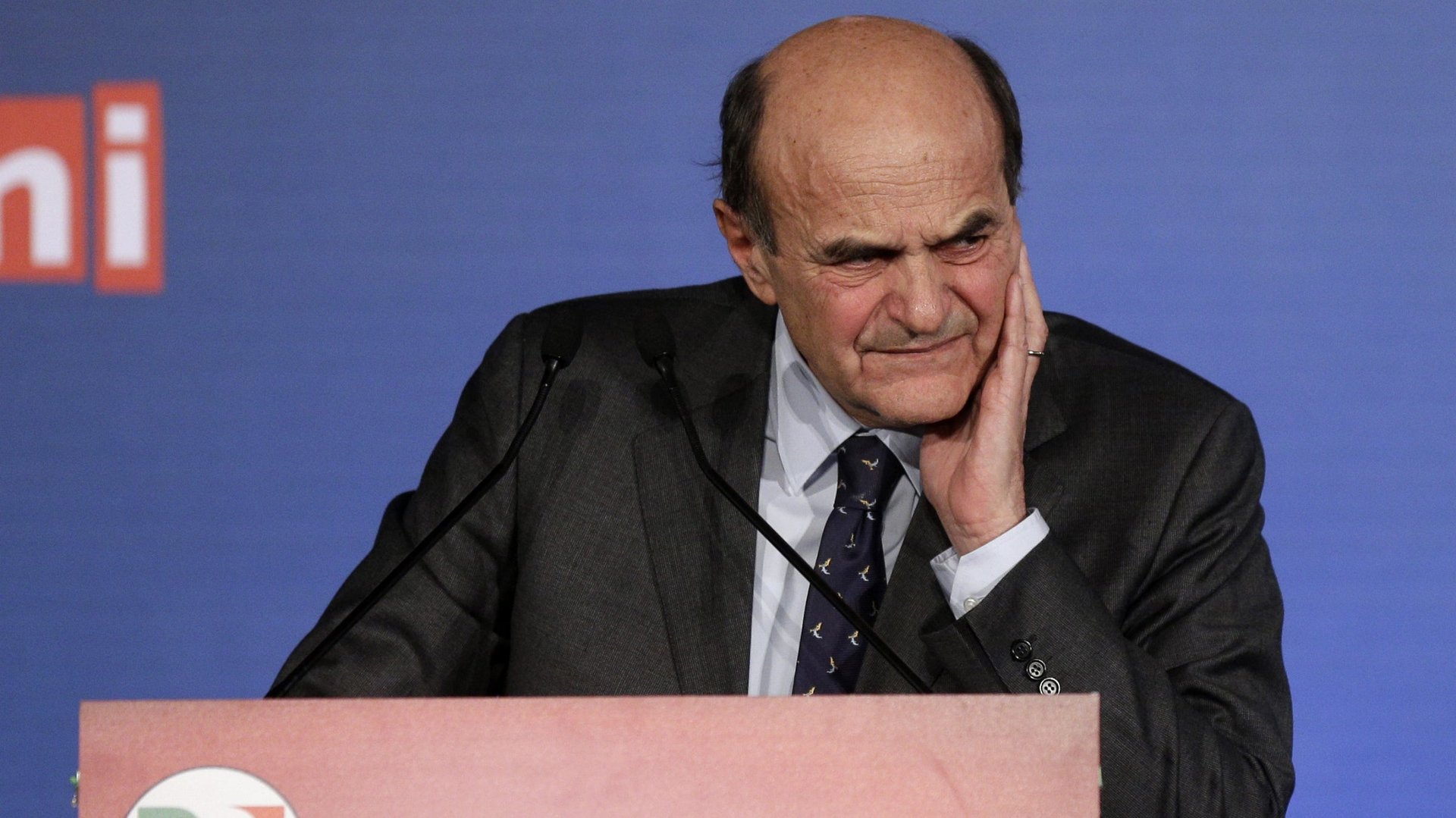Fitch downgrades Italy’s unstable government
Fitch Ratings slashed Italy’s credit rating in the wake of the country’s inconclusive parliamentary elections last month, cutting its rating from a solid A- to a worrisome BBB+. The new rating cites Italy’s deepening recession and the likelihood that politicians won’t be able to form a stable government. Fitch also estimates that Italy’s massive public debt will peak at 130% of GDP this year.


Fitch Ratings slashed Italy’s credit rating in the wake of the country’s inconclusive parliamentary elections last month, cutting its rating from a solid A- to a worrisome BBB+. The new rating cites Italy’s deepening recession and the likelihood that politicians won’t be able to form a stable government. Fitch also estimates that Italy’s massive public debt will peak at 130% of GDP this year.
Hotly contested elections—along with the surprising success of outsider candidate Beppe Grillo’s Five Star Movement—mean uncertain leadership in Italy. Although Pier Luigi Bersani appeared to come out slightly ahead of other competitors, even with the support of technocrat former PM Mario Monti, it’s unlikely that they can form a government that will last for any serious amount of time. Any economic shocks would probably upset that fragile leadership, making it very difficult for a leader to respond in a crisis.
Here’s a little more on that from Fitch:
Q412 data confirms that the ongoing recession in Italy is one of the deepest in Europe. The unfavourable starting position and some recent developments, like the unexpected fall in employment and persistently weak sentiment indicators, increase the risk of a more protracted and deeper recession than previously expected. Fitch expects a GDP contraction of 1.8% in 2013, due largely to the carry-over from the 2.4% contraction in 2012…A weak government could be slower and less able to respond to domestic or external economic shocks.
Although credit ratings aren’t everything, this just isn’t good news for Italy. The country is in a precarious political situation. The slow pace of economic reforms up until now—and the general deterioration of the regional economy—leaves little reason to be optimistic about growth.